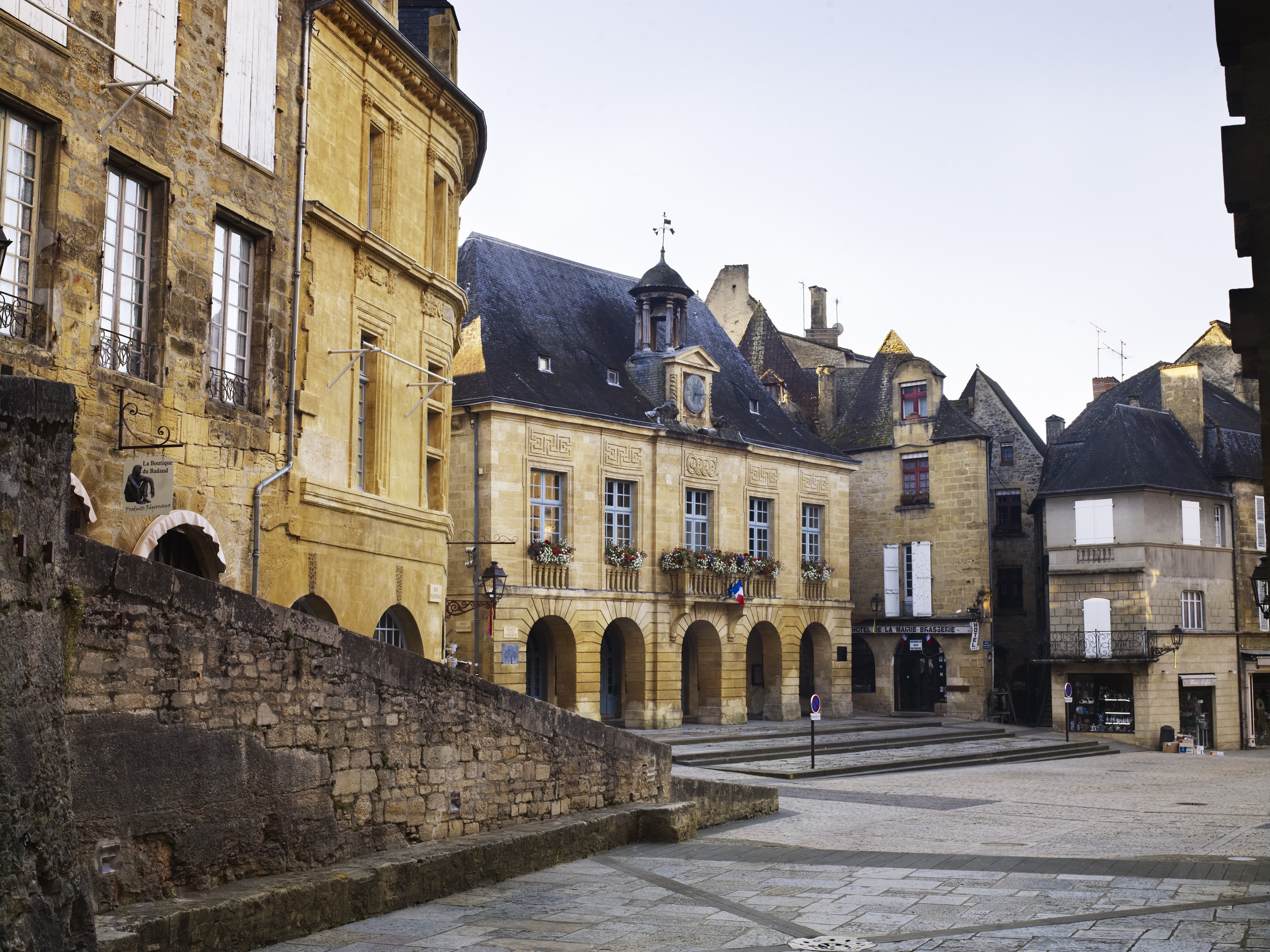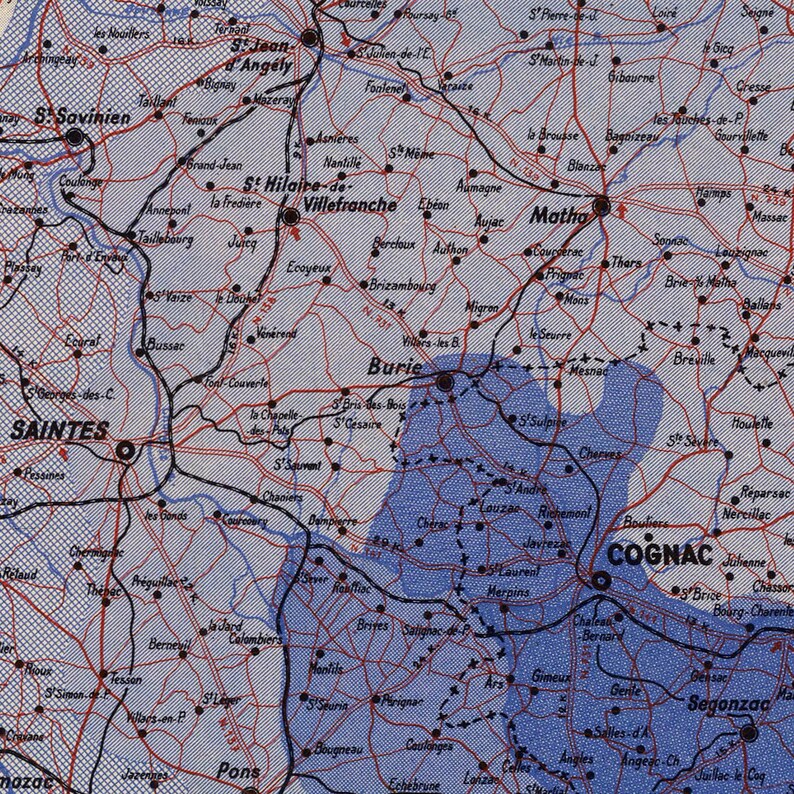

MAP DORDOGNE MOVIE

The Transperigord links Souillac to Sarlat via the Dordogne valley twice daily and the Sarlat Bus services various areas of Sarlat itself. A number of trains operate from Bordeaux to Sarlat each day, which takes about 3 hours and is a reasonably scenic journey.īus: There is no bus station in Sarlat but some services operate from the railway station. Railway: Trains from Paris to Souillac or Paris to Libourne and then change for Sarlat using the Bergerac line.

There isn't much in the way of public transport around the Périgord Noir area of which Sarlat is the main town. They're the Périgord Vert (Green, in the north), the Périgord Blanc (White, in the north-east), Périgord Noir (Black, in the south-east) and the Périgord Pourpre (Purple, in the south-west).īy car to the Dordogne, the A20 and then the A89 to Périgueux. The name is still commonly used by the French, as the Dordogne is divided into four regions, named after the historic province. The Dordogne department roughly follows the shape of the historic Périgord, a former province and one of the primary battlegrounds during the Hundred Years' War. 45.029444 1.128889 3 Château de Losse in 45.022222 1.117222 13 Thonac is an excellent example of a 16th-century French castle, well preserved and with lovely gardens.45.066389 1.161389 1 Montignac - The prehistoric cave paintings of Lascaux.44.866111 1.050833 4 Castels - merged with Bézenac to form Castels et Bézenac.The Dordogne is a microcosm of almost everything France has to offer. Make a base in the handsome medieval town of Sarlat-la-Canéda, canoe down the river, pore over market stalls brimming with local goat’s cheese, walnuts and prunes, or have a guided wine tasting at a local vineyard. Whether you’re on the trail of fine wines and local produce, interested in the prehistoric art of Rouffignac and Pech-Merle, intrigued by troglodyte villages or Renaissance-era chateaux, our specialists can help you plan your trip, using their first-hand knowledge to guide you on the best places to see in the Dordogne. Our specialists have explored the main sights and the lesser-known ones, and they’ll carefully plan your trip to the Dordogne as an individual tailor-made experience to match your preferences. Along with the region’s scenic countryside, reputation for fine French gastronomy and relaxed pace of life, it makes the Dordogne worthy of your time. In fact, these valleys have been inhabited since Palaeolithic times and the cave paintings at Lascaux are among the world’s most celebrated. The limestone hills, oak forests and fertile riverbanks of the Dordogne are littered with elaborate chateaux, handsome clifftop towns and sturdy fortifications, indications of the region’s rich and complex history.


 0 kommentar(er)
0 kommentar(er)
